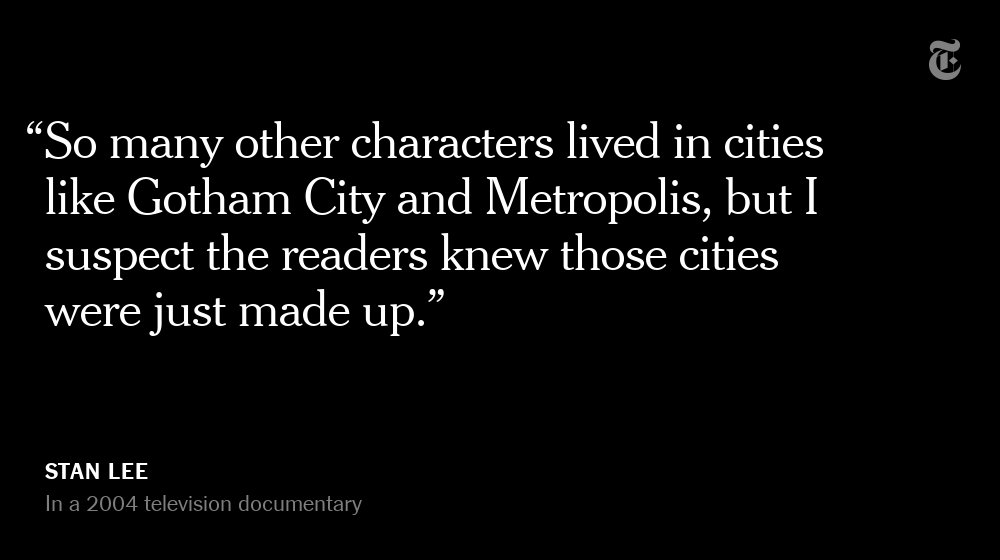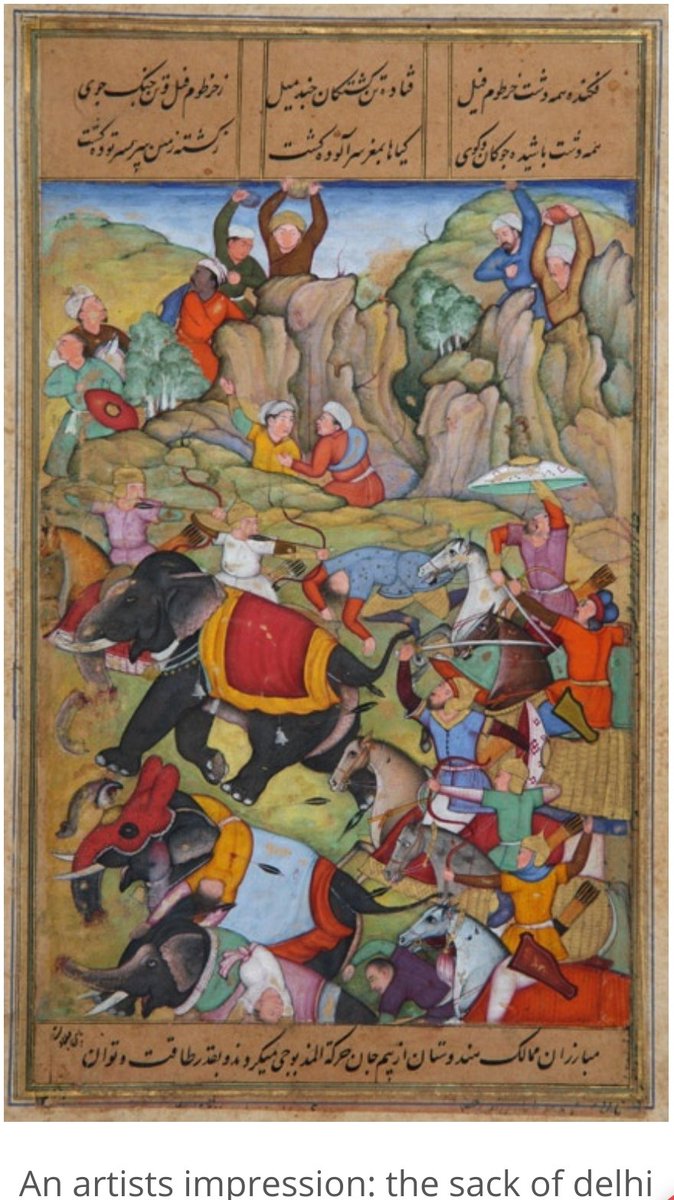Some thoughts: The great paradox of 1/6 is that so much of the planning happened out in the open (both in the immediate run-up and over the past 4+ years), which actually made it less effective. There were too many disparate and undisciplined groups, effectively tourists.
More from For later read
https://t.co/w7koHyMJjL
The article mentions a “10 nucleotide linker” (GCAUAUGACU) in the poly-A tail. This is described in the patent link below (Modification of RNA, producing an increased transcript stability and translation
Here is a link to the full mRNA code if you wish to download it, blast it or make up a batch in your garage
The mRNA sequences used for Moderna mRNA-1273 & Pfizer BNT162b2 mRNA vaccines for COVID-19 (Direct link in Word Format). WHO International Nonproprietary Name Program # 11889 "Messenger RNA encoding the full-length SARS-CoV-2 spike glycoprotein"https://t.co/zTb7B0Apic pic.twitter.com/8tZxAZWI5S
— Roland Baker (@RolandBakerIII) December 24, 2020
An overview of the encoded spike
Moderna's mRNA-1273 & Pfizer's BNT162b2 consist of mRNA 3821 nucleotides long encoding *all* 1273 amino acids of the Spike including a 2 Proline-stabilized RBD and this includes the NTD (blue in monomer, dark gray in trimer attached to antibodies). AA 64, 66, 187, 213, 214 red. pic.twitter.com/4MX1ByAsrR
— Roland Baker (@RolandBakerIII) December 19, 2020
Initial mouse
News: NIH-Moderna investigational COVID-19 vaccine shows promise in mouse studies https://t.co/7JYuUyZT45
— NIH (@NIH) August 5, 2020
You May Also Like
As someone\u2019s who\u2019s read the book, this review strikes me as tremendously unfair. It mostly faults Adler for not writing the book the reviewer wishes he had! https://t.co/pqpt5Ziivj
— Teresa M. Bejan (@tmbejan) January 12, 2021
The meat of the criticism is that the history Adler gives is insufficiently critical. Adler describes a few figures who had a great influence on how the modern US university was formed. It's certainly critical: it focuses on the social Darwinism of these figures. 2/x
Other insinuations and suggestions in the review seem wildly off the mark, distorted, or inappropriate-- for example, that the book is clickbaity (it is scholarly) or conservative (hardly) or connected to the events at the Capitol (give me a break). 3/x
The core question: in what sense is classics inherently racist? Classics is old. On Adler's account, it begins in ancient Rome and is revived in the Renaissance. Slavery (Christiansen's primary concern) is also very old. Let's say classics is an education for slaveowners. 4/x
It's worth remembering that literacy itself is elite throughout most of this history. Literacy is, then, also the education of slaveowners. We can honor oral and musical traditions without denying that literacy is, generally, good. 5/x

Stan Lee, who died Monday at 95, was born in Manhattan and graduated from DeWitt Clinton High School in the Bronx. His pulp-fiction heroes have come to define much of popular culture in the early 21st century.
Tying Marvel’s stable of pulp-fiction heroes to a real place — New York — served a counterbalance to the sometimes gravity-challenged action and the improbability of the stories. That was just what Stan Lee wanted. https://t.co/rDosqzpP8i

The New York universe hooked readers. And the artists drew what they were familiar with, which made the Marvel universe authentic-looking, down to the water towers atop many of the buildings. https://t.co/rDosqzpP8i

The Avengers Mansion was a Beaux-Arts palace. Fans know it as 890 Fifth Avenue. The Frick Collection, which now occupies the place, uses the address of the front door: 1 East 70th Street.


















